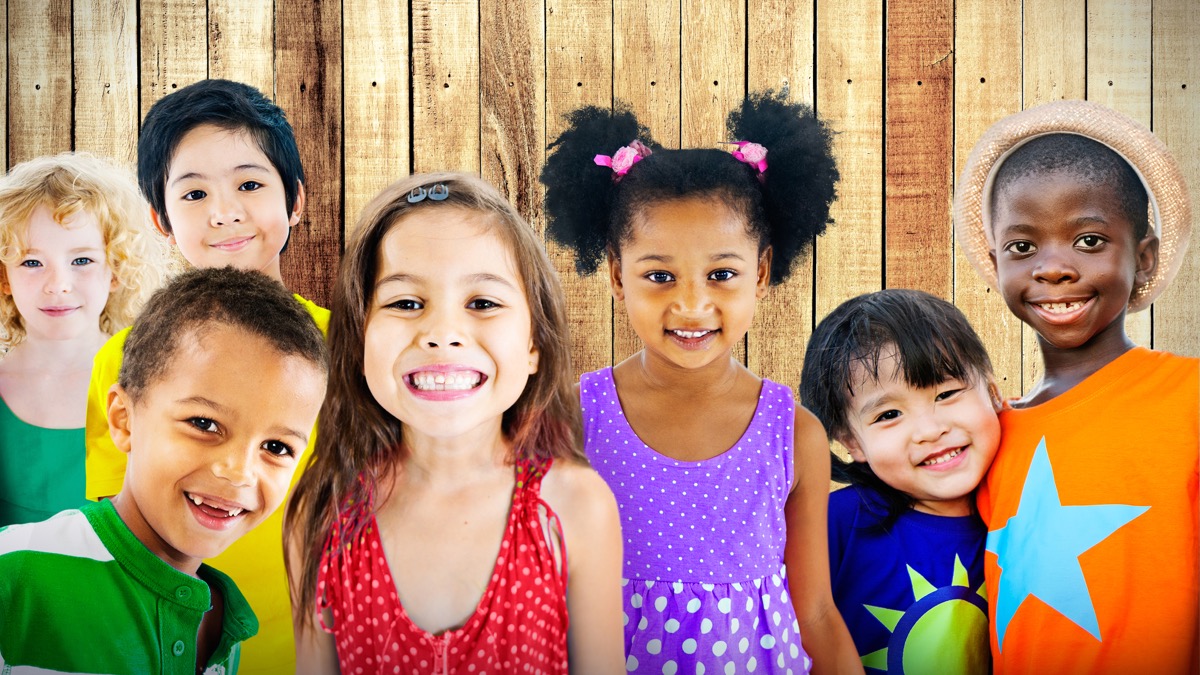Seeing or hearing this word can impact people in so many different ways.
For some, its an everyday word.
It may remind parents of their child and light up their face.

Or it may be a word that describes who they are as a person.
For others, it might remind them of their childs struggles and bring anxiety.
For many families, its a feared word because they arent sure what it might mean for their child.

Many parents may wish to know more about Autism and some may avoid the topic all together.
Its definitely an emotionally charged word for many and this is okay.
For me, this is a word I am passionate about.
This really is great because it means knowledge is increasing!
In spite of this, there is still so much that is misunderstood about Autism.
And while some people on the spectrum do, this just isnt true for everyone.
We also hear about kids that are geniuses and have amazing savant skills.
So what exactly is Autism?
It is also common for kids to initially begin talking and then lose words or skills around 18-24 months.
Some children may have advanced language skills and even use unexpected vocabulary words.
A child may repeat what you say exactly the way you say it, which is called echolalia.
They may repeat things they hear on tv, and some parents describe this as talking like a parrot.
Some kids may speak in gibberish, also called jargon, and may combine nonwords with real words.
Many children on the spectrum will develop what are known as splinter skills in their language.
Some kids will use language in a repetitive manner; such as saying exclamations like Oh no!
frequently and with the same tone each time.
Additionally, decreased pointing and gesture use can be a characteristic of Autism.
Other kids may prefer to play alone.
Most people on the spectrum will have decreased eye contact.
Some kids do not consistently respond to their name, or parents describe them as having selective hearing.
Many children do not make many changes in their facial expressions.
Some kids struggle recognizing others facial expressions or demonstrating an understanding of a range of emotions.
For older and more verbal children, most have difficulty participating in reciprocal conversations.
This is true, but what is less known is that there can be many other atypical movement mannerisms.
Some children lack functional and/or creative play.
Children may play in a very similar way each time or set up play scenarios without playing creatively.
They may line items up in a row or enjoy organizing toys rather than playing with them.
Sensory differences can also fall under this category.
Many children dislike having their hair cut, brushed/washed, or their nails being trimmed.
Also, most are picky eaters and have a difficult time trying new foods.
They may be sensitive to having their hands dirty or particular about their clothing.
These behaviors are often secondary to the characteristics listed above.
For example, a child who cannot communicate will likely cry as a form of communication.
Additionally, a child with sensory sensitivities is likely to be easily overloaded.
So its really important to trust your gut and seek help if you have any concerns.
Dont forget to follow us onTwitter,Instagram,Pinterest, andFacebook!
Original content 2019 Super Simple.
Not to be reprinted without express written permission.Terms of Service.